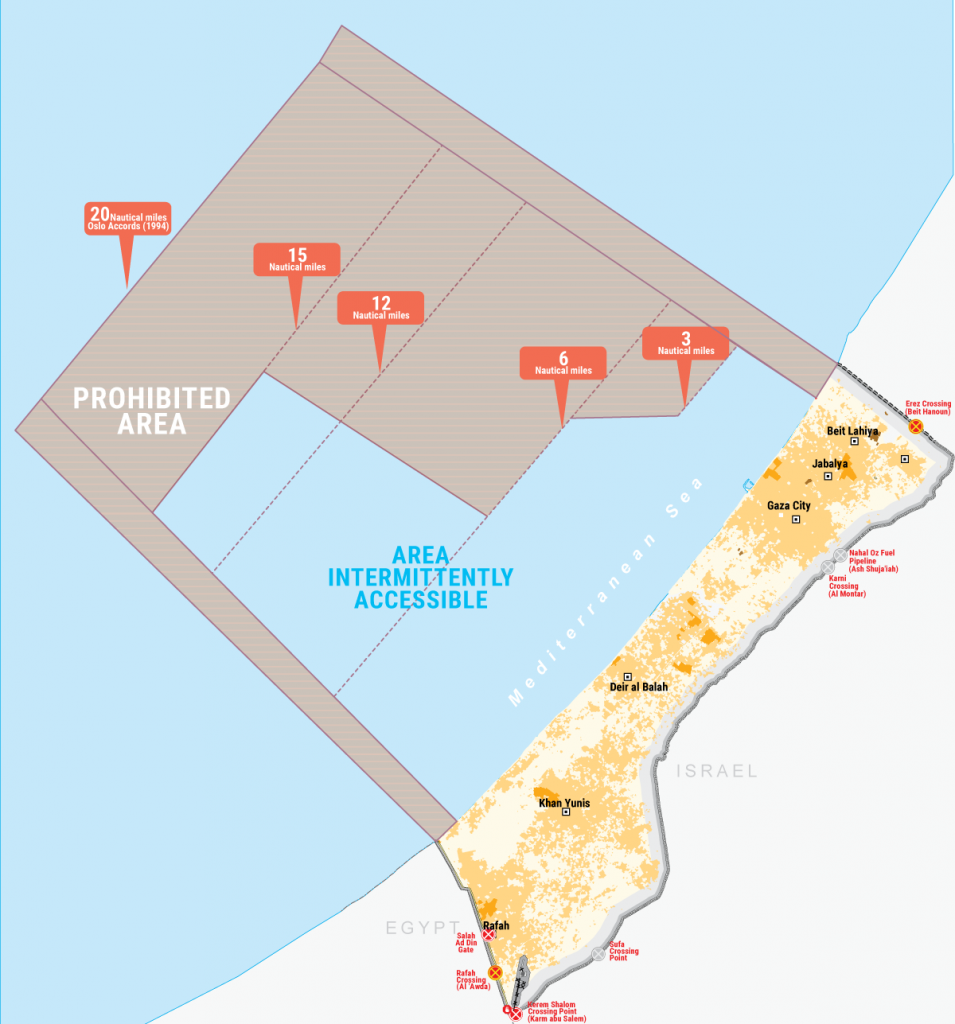As diplomats from the Global Majority start to gather in Beijing (shown above) and prepare to hold a virtual BRICS summit on the Gaza crisis starting tomorrow (November 21), here is a recapitulation of some of my thinking on how this urgently needed crisis-ending diplomacy should proceed…
Many voices worldwide have been talking about what comes after a ceasefire. A loud chorus inside Israel is urging their military to stay in as much of Gaza as possible, and to rebuild there an even stronger presence of the (always quite illegal) colonial settlements that existed prior to 2005… Pres. Joe Biden, who has given Israel unstinting support for its assault on Gaza, has murmured that after the fighting ends it should withdraw back to its side of the 1949 Armistice Line. In the intellectually thin and bombastic WaPo column that he penned yesterday, Biden wrote that after Israel withdraws, the Ramallah-based Palestinian Authority (PA) should take over in Gaza…. Other Washington voices have suggested that an international force of unspecified origin and authorization be sent in to do that…
But the head of the PA has made quite clear that he and his colleagues reject being parachuted in to Gaza in that role and the heads of the Arab states most often mentioned as part of that elusive “international force” have all likewise refused to be drafted into it.
The quandary of “how to rule over post-ceasefire Gaza” shows that American power in the region is now coming up against unprecedented limits.
Internationally, the call for Israel to withdraw all the ground forces it has had rampaging around inside Gaza will grow louder and louder over the weeks ahead.
But the United States has shown that it cannot on its own cobble together any plausible “coalition of the willing” able to go into Gaza to oversee the massive tasks of relief, reconstruction, and emergency “governance” that the whole Strip requires. In today’s world, it is only the United Nations that can achieve this.
As the decisionmakers in the U.N. Security Council take on this task, they can and should insist that it will be not be merely the “smaller” Israeli military occupation that Israel has maintained in Gaza for the past few weeks that the U.N. will roll back, but beyond that the entire edifice of military occupation that Israel has maintained in the Strip for the past 56 years.
Under international law, the occupation of any territory by a hostile military force is only ever supposed to be a temporary step: it stays in place only until the warring parties conclude a final peace agreement. Some examples: The large-scale military occupations of Germany and Japan that the victorious Allies started in 1945 each lasted just seven years.
More recently, the U.S. occupation of Iraq lasted eight years, and that of Afghanistan 20 years.
So why, in the case of the Palestinian territories of Gaza and the West Bank, has Israel’s military occupation been allowed to continue for 56 years??
This gross anomaly is too seldom remarked upon. It has become almost normalized. How has this happened?
It has happened, I think, for two linked reasons:
- Because of the steady pursuit, by successive Israeli governments over the course of 56 years, of a quite illegal project to implant a whole network of civilian settlements in the two occupied Palestinian areas, and also in Golan—and because of the broad acceptance of this totally illegal process by the United States and its Western allies; and
- Because of the tight, monopolistic control that Washington has exercised over all aspects of Israeli-Arab peacemaking over recent decades.
That control allowed Washington endlessly to postpone the conclusion of the final Israeli-Palestinian and Israeli-Syrian peace agreements and thus allowed Israel to maintain its occupations of Gaza, the West Bank (including East Jerusalem), and Golan for so many long decades… and also to continue all the abusive practices involved in those occupations. Washington meantime repeatedly used its U.N. veto to protect Israel from any accountability for those abuses.
Within U.S. society, it has become very broadly accepted that it is somehow “okay” or “natural” for Israel to build and maintain civilian settlements in the West Bank and Golan; to exercise tight control over the lives of the rightful, indigenous residents of those areas; and to control the entire economy and the borders of Gaza.
But no, under international law none of these abuses are either okay or natural.
It is time to end, once and for all, the 56-year situation of military occupation that has allowed them to continue. The urgent need to provide relief and some degree of comfort, stability, and hope to the Palestinians of Gaza provides an entirely appropriate entry-point for this transition. And if Washington threatens to veto a decision at the U.N. Security Council to use the opportunity presented by the present crisis to end Israel’s occupation rule in Gaza, then the leaders of the Global Majority will need to find ways to persuade it not to. And we who are citizens of the United States should use our weight, too, to push hard for the administration not to block this very-long-overdue ending of the occupation in Gaza.
A few concluding notes here:
1. The Sea, the Sea
In a truly obscene column he published recently, the WaPo’s David Ignatius seemed to be colluding with the plots sometimes heard in Israel that the Israeli military should consider using the waters of the nearby Mediterranean Sea to flood all the Hamas tunnels that reportedly lie under Gaza. (None of these people ever mention what would happen under that scenario to the scores of Israeli hostages who are presumably being held close to key Hamas leaders.)

However, there is another sense in which the long coastline that Gaza enjoys with the Mediterranean can be seen as aiding a well-planned U.N. move to end Israel’s occupation of Gaza. As I’d noted in this version of a post-ceasefire plan that I published November 10, at Step 2, the UN would dispatch large amounts of materials for relief and reconstruction to Gaza via the sea, as well as over Gaza’s short border with Egypt. The UN would have previously instructed Israel to stay out of Gaza’s territorial waters as well as out of the entire territory of Gaza; and to relinquish any claim to “inspect” or interfere with the passage of goods and people across Gaza’s border with Egypt. All necessary inspection functions would be carried out by Egypt at its border, and by the duly authorized and centrally coordinated U.N. forces along the coast.
2. It’s the Economy, Stupid?
How to “persuade” Washington not to veto the relevant UNSC resolutions? All I will note here is that in 1956, when the fading empires of Britain and France had colluded with Israel to undertake a previous Israeli occupation of Gaza—along with, as it happened, an occupation of all of Sinai—it was economic pressure, mounted at that time by the then-rising power of the United States, that extremely speedily “persuaded” the Tripartite Aggressors to end their aggression and return to within their own borders…
In the present case, I have noted with considerable interest that the first diplomatic mission of the Arab-Islamic committee charged with finding a speedy end to the carnage in Gaza has been a visit today to Beijing, where Foreign Minister Wang Yi said, “The top priority is to fully implement the relevant resolutions of the United Nations Security Council and secure an immediate ceasefire.” And tomorrow (Nov. 21), the foreign ministers meeting there will also be part of a virtual summit of the whole BRICS grouping.
3. Gaza First, not Gaza Only…
The path to de-escalation and toward attaining a final resolution of the remaining items on the Arab-Israeli peace agenda that I outlined Nov. 10 did not spell out clearly enough that the ending of the Israeli occupation of Gaza needs to be specifically linked to the UNSC also taking explicit control of the situations in the occupied West Bank and Golan.
In the fifth of the slightly earlier, five-point “Rapid Action” agenda that I’d outlined here, I urged that the Security Council also dedicate itself to:
closely monitoring the situation on the ground in all of the occupied West Bank (including East Jerusalem) and occupied Golan with a view to protecting the rights of those areas’ legitimate residents and preparing plans for the full withdrawal of Israeli forces and settlers from those areas.



Had thought of writing three or four short paragraphs for another take on things but instead decided to try and condense some of it to the core: Much of the world community must now try and coax/reason a nuclear armed troll (US/Israel) into a position that will be fairer and more enduring.